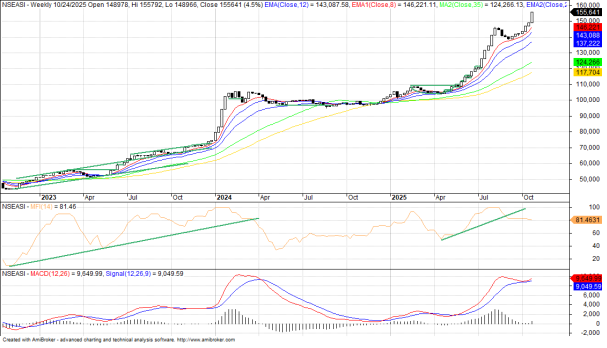
For the second consecutive quarter, Statistics South Africa said on Tuesday that the economy recorded negative growth, contracting by 0.7% in the first quarter of 2017, after contracting 0.3% in the fourth quarter of 2016.
The recession by Africa’s most developed economy, the first since 2009, an announcement of which immediately forced the rand down by 1.16% to the US$ was blamed on weak manufacturing and trade sectors, which fell 3.7% and 5.9% respectively.
The recession may not have been expected given that the revised World Economic Outlook data by the International Monetary Fund (IMF) for 2017 and the following, had shown an uptick in global growth from 3,1% to 3,5% this year, leaving South Africa’s growth outlook at 0.8%.
South Africa’s recession is coming more than one year after rival- Nigeria recorded consecutive negative economic growth from which it continues to struggle amidst harmful delays such as the failure to sign the national budget into law, weeks after passage by the National Assembly, a situation that now threatens the much envisaged recovery by second quarter of this year.
While Production in the trade sector dropped across all divisions, particularly in catering, accommodation and wholesale trade, Stats SA reported, manufacturing was “hamstrung” by lower production levels in seven of its 10 divisions, especially petroleum and chemical products.
Perhaps, the most important aspect of the first quarter’s results, according to Bloomberg is the tertiary sector, comprising finance, transport, trade, government and personal services. It recorded its first quarter of decline since the second quarter of 2009, when South Africa was in a recession as well.
There was some positive news in the farming and mining sectors, which showed growth in the first quarter.
A jump in production in field crops and horticultural products lifted the farming industry in the first quarter as the sector started to recover from one of the toughest droughts in recent history.












